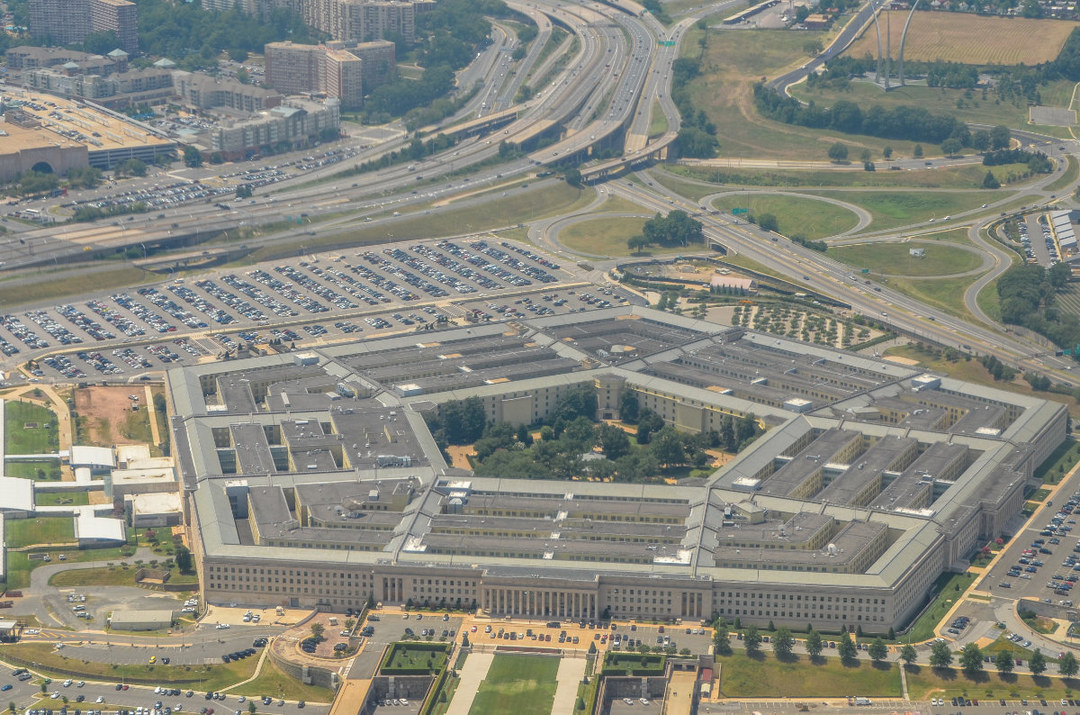Over the past few weeks, the US State Department and the US Defense Department released separate but similar statements about the changes each organization has instituted to the Foreign Military Sales, or FMS, process. There are 80 recommendations coming out of the Pentagon, but in short, they all advocate for less bureaucracy and more speed.
This should be good news for America’s Middle Eastern partners because they purchase more arms from the US than any other around the world. Their complaint has always been that the FMS system is slow, confusing and even unpredictable, which makes defense planning challenging.
Credit goes to both Foggy Bottom and the Pentagon for conducting an all-out blitz to advertise the suggested reforms of the FMS process, which is broken. That was impressive and also desperately needed because many US partners, especially those in the Middle East, are fed up with the FMS system and looking to meet their defense requirements elsewhere. US officials worry about our regional partners going to China and Russia for military equipment.
China’s arms sales to the region still pale in comparison to those of the US, but that does not mean they have not grown. From the 2012-2016 period to the 2017-2021 period, China’s exports increased by 290 percent to Saudi Arabia and by 77 percent to the UAE.
To compensate for its technologically inferior weapons, China offers lower costs — for both equipment and maintenance — favorable financing, faster delivery times, and no end-use monitoring agreements, all of which regional partners find appealing.
For now — except for a modest number of Chinese ballistic missiles sold to Riyadh in the late 1980s — China’s military transfers to the region are limited to smaller and lower-end platforms, including armed drones. But that could change, given recent Saudi and Egyptian interest in Chinese air defense systems as well as advanced fighter jets.
I read with great interest every recommendation that came out of the Department of Defense and the State Department. There is much to like and not much to argue with, except that most of the changes that have been proposed are neither novel nor strategic. The problem has never been a lack of ideas or resources. Rather, it has always been about execution and leadership.
You can put the best content and all the buzzwords that you can think of in a so-called “new approach to FMS strategic planning” — words like retooling, realigning and streamlining — but what difference does it all make if there is not a new attitude, a greater sense of urgency, and more effective leadership to support implementation?
Let me give a couple of examples: The State Department intends to “streamline internal processes to avoid delivery delays and manage expectations where they occur,” and the Department of Defense intends to “track timelines and introduce metrics.” You mean to tell me that all along — we are talking decades — we were not doing these basic things? No wonder the system is broken.
The one item on the list I am potentially excited about is the establishment of a “Defense Security Cooperation Service (DSCS) on par with the Defense Attache Service.” The FMS process, and the entire security cooperation enterprise, require first and foremost people with proper training in not just how to administer and release equipment but also how to pursue security cooperation. If we do not have that, then all we are doing — which we have been doing for decades — is sell trucks and guns, and that clearly has not helped us achieve our strategic objectives.
Designating one entity with the responsibility and authority to create a well-trained security cooperation workforce is crucial. This DSCS provides an opportunity to really change how we think about who we send to embassies to do this mission, how we prepare them, and how we ensure we are getting the best people, in the right numbers, with the right training. I am all in favor of this institutional change, which we saw with Special Operations Command when it was created through legislation in 1987.
If America’s strategy of “by, with and through” has any chance of succeeding in the Middle East and elsewhere, then the capability and the capacity of those partners to contribute to collective security interests should be among our first concerns, and chief among those is the ability of our partners to conduct effective military operations. That is going to require a whole lot more than weapons, no matter how well we “streamline” our FMS system. It is time we approach the issue and mission of institutional capacity building in security cooperation a lot more seriously and strategically.
• Bilal Y. Saab is a senior fellow and director of the Middle East Institute’s Defense and Security Program.












